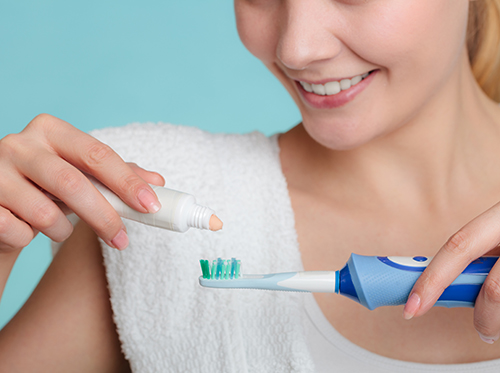Does chronic stress impact periodontal health?
October 30th, 2018

Many studies over the past several years have focused on this question. Since we will all face stressful situations during our life, it is a good question to ask. This question also delves into the mind-body connection—the psychological having an effect on the physical and vice versa.
Studies were performed as far back as the 1940s and continue today. Many of them have shown that stress "downregulates" or hinders cellular immune response. The most common periodontal diseases related to this stress-induced downregulation are gingivitis and periodontitis.
It is believed that stress and depression contribute to a state of chronic inflammation within the body. Stress also raises levels of cortisol in your body, which has been linked in studies to higher levels of tooth loss and deeper pockets between the gums and teeth.
Perhaps the biological side of this equation makes sense, but an important factor is that people who are stressed and/or depressed tend to neglect oral hygiene and other health-promoting activities. The studies seem to support both the behavioral and biological effects as risk factors for periodontal disease.
Here are some things you can do to help prevent stress-related periodontal problems:
- Daily relaxation –You may consider meditation or yoga. Both have been proven effective at easing stress.
- Practice good oral hygiene – Don't let your oral hygiene fall by the wayside. Doing so will obviously have a detrimental effect on your oral health. You should also aim to quit smoking if you do smoke.
- Get regular dental checkups – Getting regular checkups will help you to spot anything that's amiss before it gets out of hand. You can speak with your dentist if you have any pain or concerns and have them take a look.
Stress is something that affects all of us but it can be managed. Each one of us may manage it in a different way. Find what works for you and always make sure to keep up with your oral hygiene routine. For more information about stress-related periodontal issues, schedule an appointment with Dr. Carl Meyers at our West Bend, WI office.






